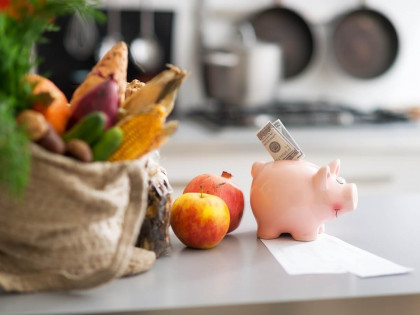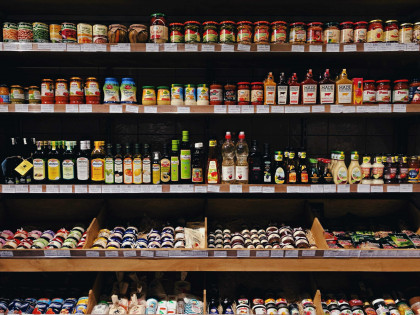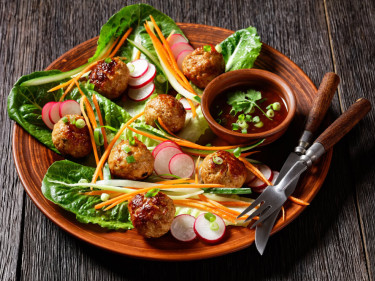As the cost of living is rising, it sure is a time of uncertainty and change. To help you get through this, we've got some tips to help you get delicious, easy food on the table while keeping your bank account healthy.
Shop on a budget
While money might be a bit tight right now, it doesn’t mean you have to go without! We have a range of recipes that won’t break the bank, and are sure to hit the spot.
Take a look at our breakfast, lunch and dinner options that are all under $3 per serve.
You can also check out our food budget challenge, which includes 7 breakfasts, lunches and dinners for an average of $60 a week over two weeks.
Skip the takeaway and 'fakeaway' your meal instead
Do you have a bad habit of buying out a lot? Well… 46% of full time students do too, so you’re not alone!
We’ve already proved that takeaway isn’t always the fastest option, so if you’re feeling in the mood for some, why not make yourself a ‘fakeaway’ meal instead.
We post a Friday Fakeaway meal each week on our Instagram, Facebook and Twitter pages so keep an eye out there for some inspiration.
Minimise food waste
Every year, each Australian wastes around 300kg of food - that’s the same as six adult Kangaroos, and in total is enough to fill 13,000 Olympic sized swimming pools!
Food waste usually happens when we buy too much, cook too much or don’t store our food correctly.
By making a few simple changes at home, you can cut down on your food waste, eat well and save money. For inspiration, take a look at our blog post on minimising food waste!
Use your leftovers
And on that note, to get the most out of your weekly shop make sure you use your leftovers!
Take a look at our blog post for some fun ideas for using up all those odds and ends.
Stick to affordable alternatives
Did you know fresh, frozen or canned fruit and veg can all be healthy choices?
If your budget doesn’t give you much room for a heap of fresh fruit and veg, why not look at the canned or frozen alternatives that are available at your local supermarket?
Check out our blog post for tips on how to choose the healthiest options.
Helpful resources
- If you're a Uni student, chat to your Student Union about ways they can help you through this time.
- To find out how JobKeeper will impact you, take a look at the ATO's website.













